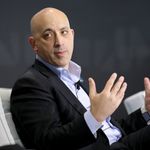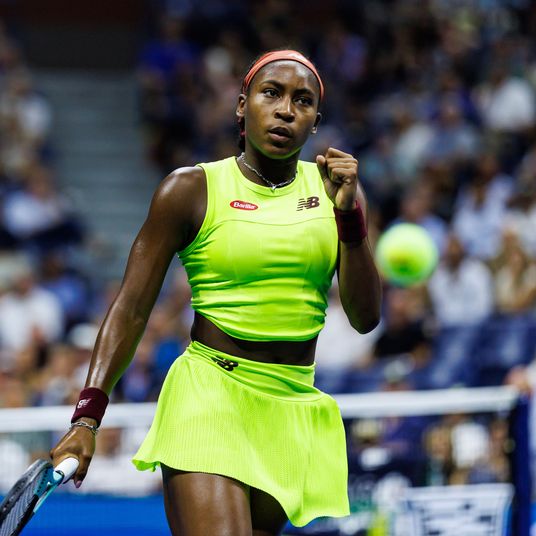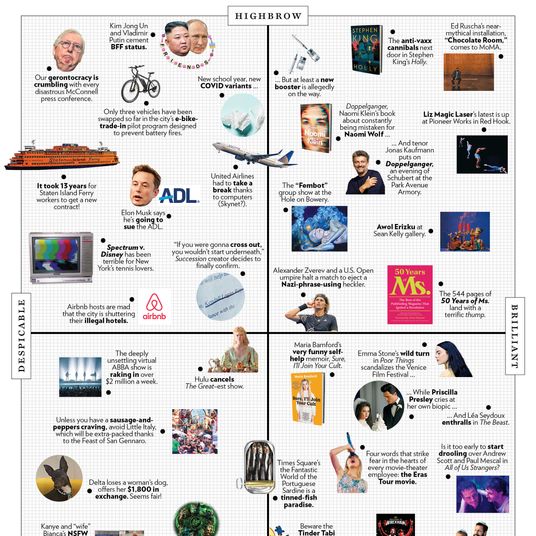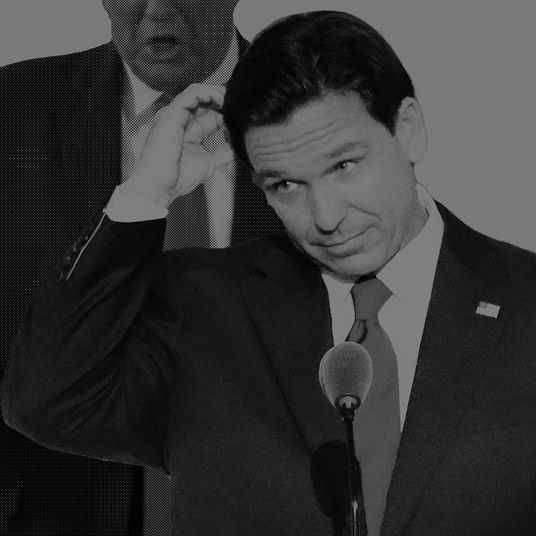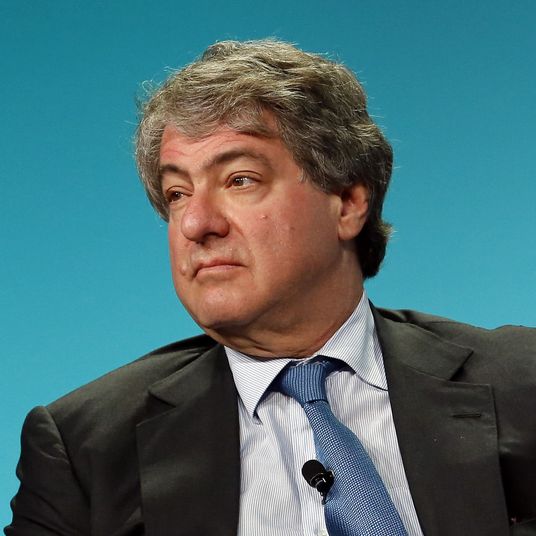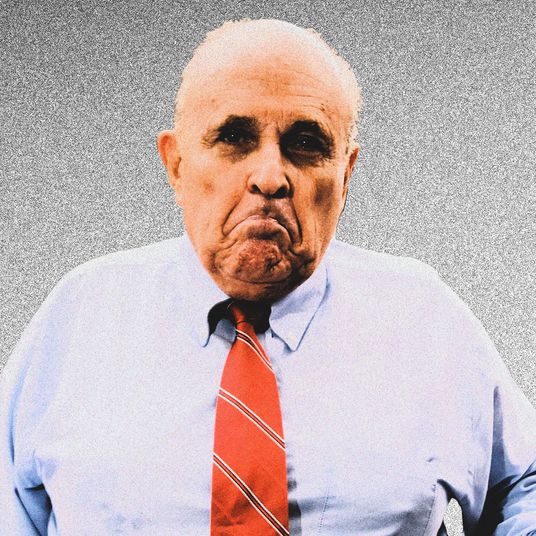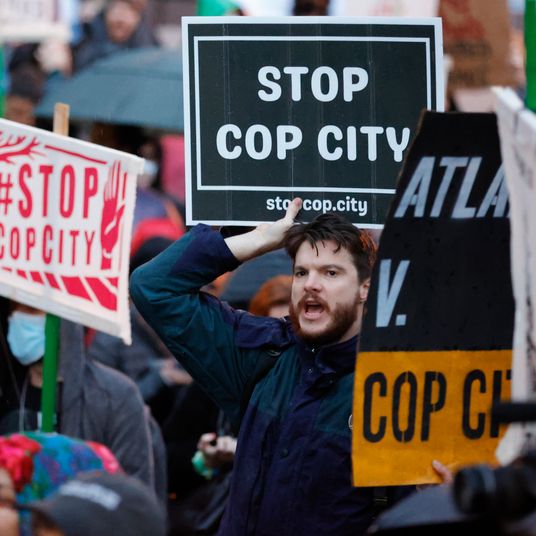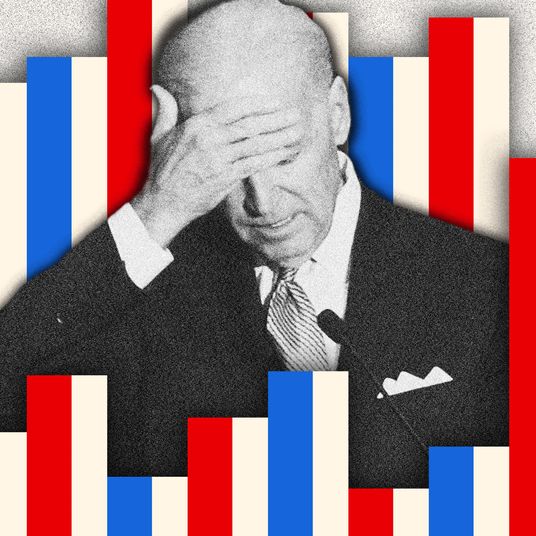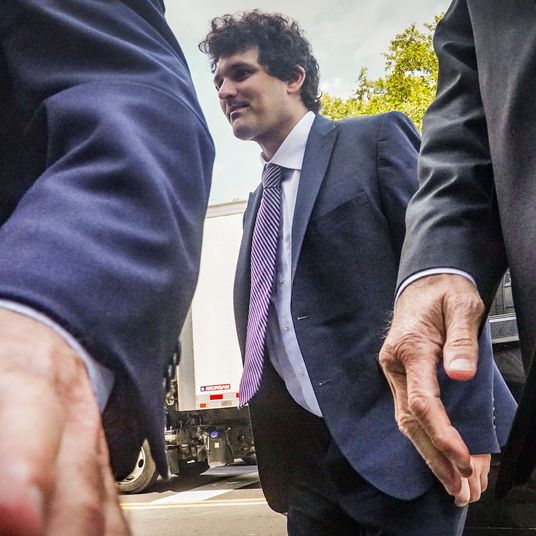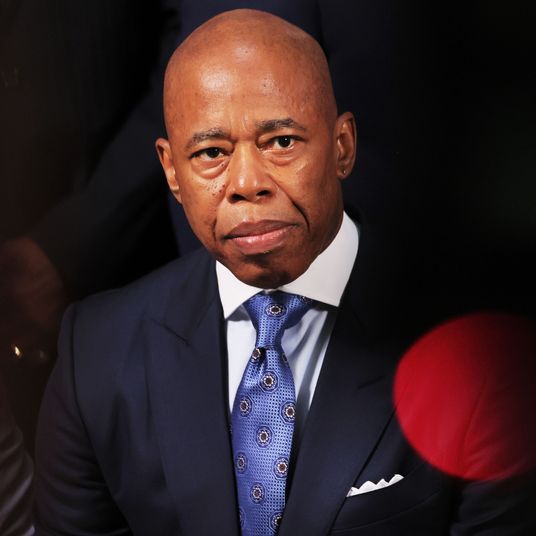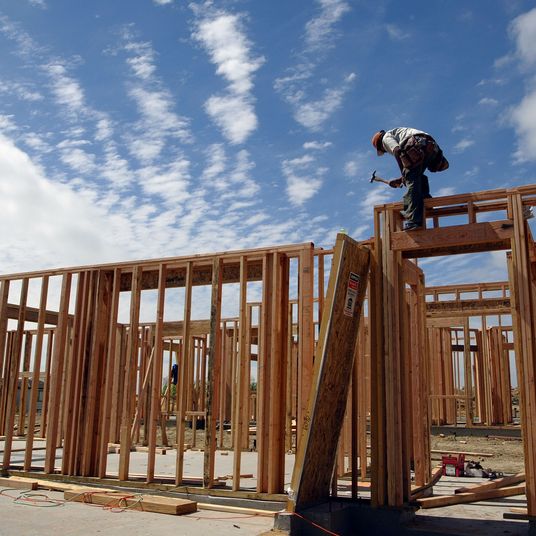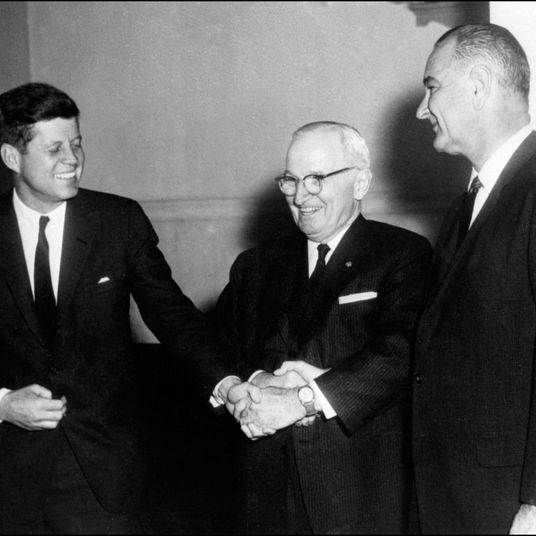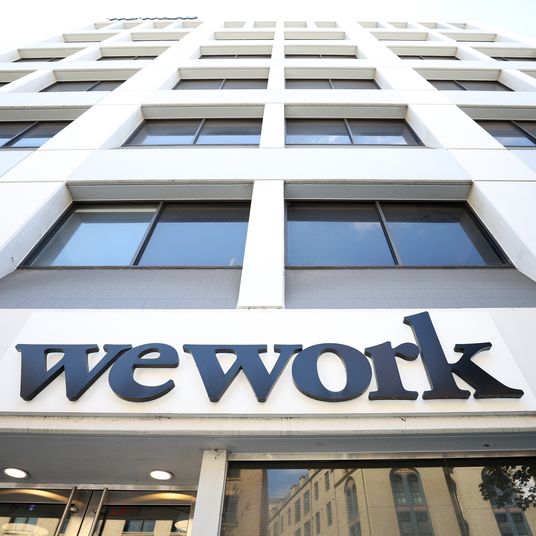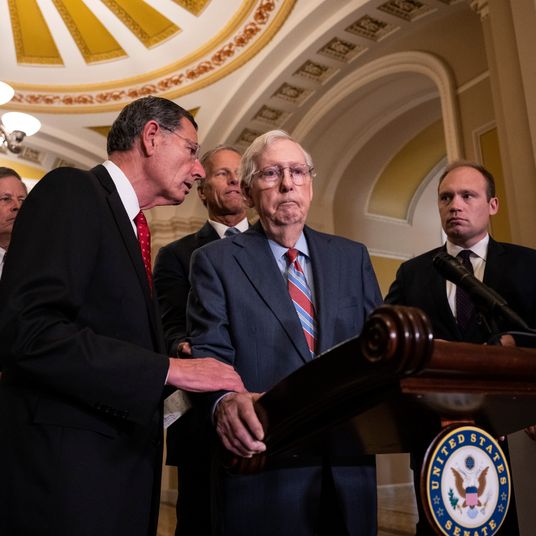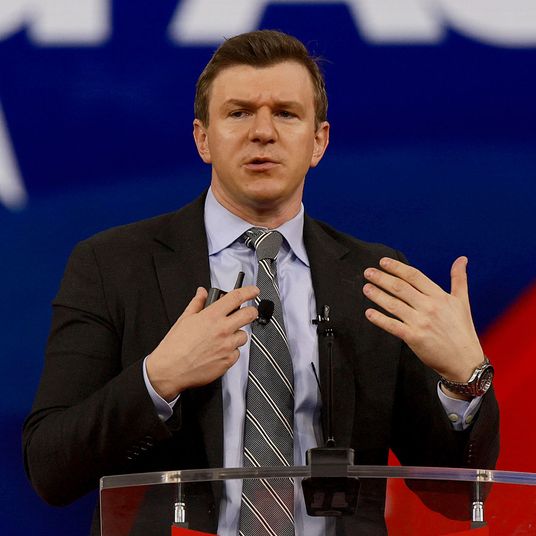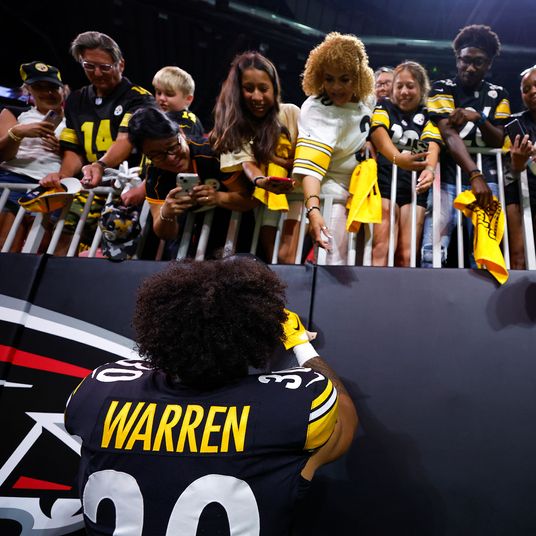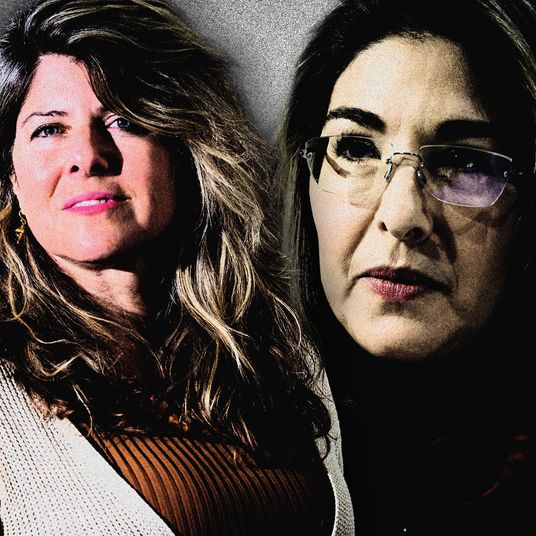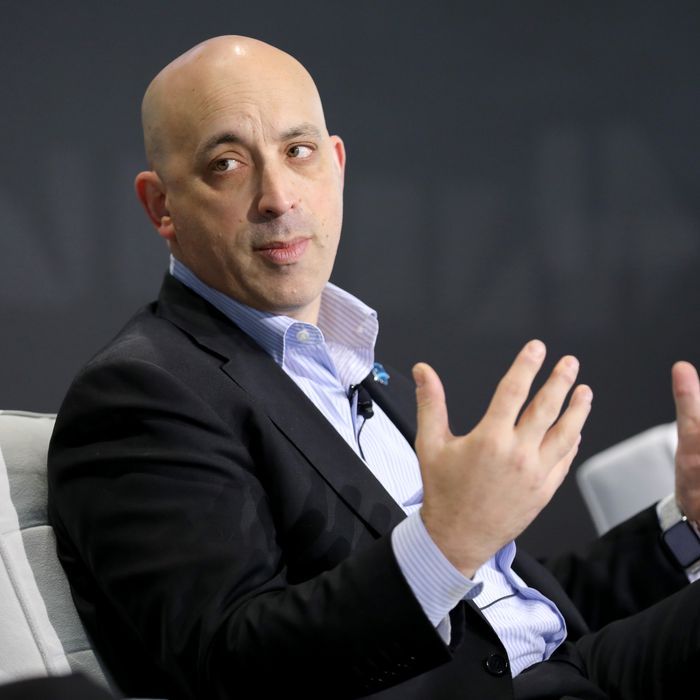
Over Labor Day weekend, Elon Musk made a new entry in his ongoing list of unnecessary, counterproductive spats. The owner of X, formerly known as Twitter, posted a tirade about how the Anti-Defamation League had supposedly caused the company’s advertising revenue to plummet. The group devoted to battling antisemitism is “trying to kill this platform by falsely accusing it & me of being anti-Semitic,” Musk charged. Though all evidence points to the reality that he is the sole entity devoted to destroying Twitter, Musk vowed to “file a defamation lawsuit” against the league. Though Musk often fails to follow through on his promises, ADL national director Jonathan Greenblatt joined the latest Pivot podcast with Kara Swisher and Scott Galloway to discuss the haymakers coming from the richest man in the world.
Kara Swisher: I know you can’t get into the specifics of legal activity or what you’ve called the threat of a frivolous lawsuit — which billionaires tend to like to do. But give us your overall thoughts on what’s happening here.
Jonathan Greenblatt: Well, look, I think we need to just understand the context as we consider what this action means. We’re living in a moment right now where antisemitism has reached literally record levels since ADL started tracking antisemitic acts of harassment, vandalism, and violence 40 some odd years ago.
And over the last month, we’ve seen a wave of swatting attacks against synagogues, bomb threats against Jewish institutions, and propaganda distributions all over the country. We literally had neo-Nazis marching out in the open last weekend in Florida in a scene that was reminiscent of Charlottesville. So in all of this, this hashtag that was launched on Twitter last week — #BantheADL — that was literally created by white supremacists. When I see the management of Twitter engaging with it, elevating it, amplifying it, I’m not just disturbed and disappointed. It’s dangerous for the Jewish community. That’s what I’m really focused on.
Swisher: You met with the CEO of X, Linda Yaccarino. We can call it Twitter. What can you tell us about the meeting? I don’t know what’s happened since she got there, but she can be a reasonable person and then he keeps tweeting white supremacists. He keeps tweeting, basically blaming the Jews. That’s what most people think.
Greenblatt: Linda and I finally connected on Zoom. It was the first time we’ve met, but we have a number of mutual friends in common. She has a very good reputation as you’re sort of alluding to. And it was a positive, constructive discussion. A better, healthier, safer Twitter, that’s good for the Jewish community, that’s good for their advertisers, it’s good for the world. And she seems to share that sentiment.
Swisher: And was she angry about your studies? Because that’s what they’re thinking of suing you over.
Greenblatt: We did not talk about any of those.
Swisher: She did not have an issue or beef with you all. She did not blame you for advertising fall-off.
Greenblatt: Linda did not blame us for advertising fall-off. The issue of our studies did not come up in the conversation.
Swisher: And these studies? Explain.
Greenblatt: None of these social-media companies are great on any of this stuff. Let’s be clear about that. And Twitter was really bad before, let alone now. So let’s also be clear about that. However, what we do at ADL is we work with the data that we have and we do these fact-based analyses. Now, Elon and others may say, well, you don’t have all the data. Well then share it with us. I’d like nothing more than transparency so we fully understand the numerator and the denominator. But what we’ve seen over the past not just nine months, really nine years, has been white supremacists, QAnon enthusiasts, conspiracy theorists running amuck.
Swisher: And he’s let them back on. He’s brought them back.
Greenblatt: A number of people are back on the platform who had been removed for violations of the terms of service. They continue to say things, post things, publish things that are not questionable. They are absolutely, unambiguously hostile. And they’re feeding the fire of this environment where again, Jews and other minorities feel a degree of vulnerability. And I am flying out tomorrow or today to attend the funerals tomorrow in Jacksonville of the people who were killed in that hate crime. The fact of the matter is, radicalizing people online has real-world implications and normalizing antisemitism and weaponizing hate is bad for the world.
Galloway: So I think a more difficult problem — and I think you guys do your best to establish the nuance here — is the line between free speech and when something becomes hate speech, right?
Greenblatt: Right.
Galloway: When is it discourse that’s uncomfortable, but it’s true discourse? And then when it turns into hate. What is in my opinion, less opaque is that the go-to, the playbook in the emergence of Nazi Germany was, “I know, let’s blame the Jews.” And what we have here is the wealthiest man in the world, arguably the most powerful man in the world who is blaming the Jews full stop. It strikes me as very strategic that he chose your organization to blame for their decline in revenue. But isn’t this how it all starts? Generally speaking, the most powerful, wealthiest American should not start with blaming the Jews.
Greenblatt: Short answer is yes. The longer answer is demagoguery isn’t anything new. Blaming the Jews is as old as the hills. Last November, after the trust and safety team was fired, after a bunch of these extremists were re-platformed, ADL was one of about 60 organizations, this coalition that called for a pause in advertising until these issues were kind of clarified and cleaned up.
But the only group that Elon is talking about right now is the Jewish one. Now look, I have spoken to Elon Musk. I didn’t think he was an antisemite, and still, I will take him at his word. The problem is when he elevates, when he engages with, when he casts blame, it creates the conditions in which antisemitism is raging right now on the platform.
Swisher: What does he say to you? What is he when you spoke to him? Not this—
Greenblatt: Well, I haven’t spoken to him in the last week, but look, I think he understands, Elon appreciates that dialing back extremism and hate is better for the world. And he wants to do that. He has many Jewish friends, as he’s told me.
Swisher: That’s an old one.
Greenblatt: I know. We’ve heard “some of my best friends are” fill in the blank.
Galloway: Jonathan, I just want to press pause there. Sure. I think you’re being generous and incorrect. I see no evidence he wants to dial it back. I see a ton of evidence he wants to dial it up to enrage—
Greenblatt: Well, that was what he told me before. Now, flash forward to today, Scott. What I’m grappling with, struggling with is, again, this is a person who I’ve engaged with who’s told me that. And yet right now, we see antisemites and extremists, yes, being riled up and they feel emboldened. We know they feel emboldened because at ADL we follow them. And this is what they’re saying: “We feel emboldened.”
There’s a Christian nationalist who runs Gab, and I think we’ve talked about him, Kara. His name is Andrew Torba. He’s a real piece of work. He’s a raging antisemite. And he has basically said, “We, the white supremacists, have the richest man in the world on our side. We’re winning.” And that sentiment is out there. And so let me be crystal clear about this: We’re two weeks away from the Jewish holidays of Rosh Hashanah, Yom Kippur, et cetera. Jews will all be convening in synagogue. All over the world in the past week, they were already on edge. And this has just pushed people to the point of no return.
Swisher: Two things. Earlier this summer, Twitter sued the Center for Countering Digital Hate, a nonprofit group that criticized the company’s handling of hate speech. Does it chill you to this threat of a lawsuit? Is there a lawsuit? And then secondly, have you actually spoken with any Twitter/X advertisers to stop? They’re blaming you for doing that. I actually don’t care if you did, but did you?
Greenblatt: To the question of has ADL spoken to advertisers, the answer is an unequivocal no. That’s why this is a frivolous claim. We literally haven’t called them an antisemite. We haven’t called Twitter antisemitic. We’re not running some active campaign of any sort. So on the facts, Elon and these other people are flat-out wrong.
Swisher: Is it happening? Has it been filed?
Greenblatt: I don’t know. I only know, like you, what Elon is tweeting.
Swisher: Well, he was going to do a cage match with Mark Zuckerberg and he did have the Coliseum. Have you talked to Linda this week post that?
Greenblatt: We have not had a verbal conversation.
Swisher: And what does your text conversation say?
Greenblatt: I basically said, I don’t know what just happened, but I thought we were going to try to work together to make Twitter a better Twitter, a healthier Twitter shift, better for the world, and we’ll see where it goes.
Galloway: When you try and diagnose this, do you have any sort of ability when you see a company behaving this way, is it generally they’re trying to embolden and cement relationship with a part of their customer base that likes this provocative or likes this type of content? Is it someone who themselves has suffered trauma and is acting out in hateful ways?
When you come across antisemitism and corporations and with individuals, are you able to see patterns around? I can’t figure this one out. It’s bad for business, it’s bad for him, it’s bad for the country. I see very little upside here. Other than inflaming a small group of people that don’t have a hell of a lot of money or influence, or maybe they do. What’s going on here?
Greenblatt: Well, I think so. I could talk to you about patterns, Scott. So when I see antisemitism and corporations get caught up in this. Brands, sometimes. Number one, it’s a kind of negligence. They don’t realize they have a problem. They’re not paying close enough attention. Exhibit A: Adidas. Where they were having a CEO transition, they’re off in Germany. They really did not appreciate the lunacy of Kanye West’s derangement. So you have that.
Galloway: Well, let me just press pause there because I would argue that Adidas actually handled that. I would argue that they responded swiftly and correctly.
Greenblatt: Well, I would definitely say not swiftly enough, because I was talking to the chairman of the board and said, “If you don’t deal with this, we’re going to have some things to do publicly.” But in the end, they did, Scott, entirely.
So with Adidas, we called them out when they were slow, and then we embrace them when they move quickly. And we’re finding ways to work together. That’s better for the world. So number one, sometimes the companies don’t get it. Secondly, sometimes there are weird ideologies at work. Like Gab is a good example of some twisted, demented platform. And I’m hard-pressed to think of another one of those. There aren’t too many. The real issue is that sometimes these people get caught up in the moment. And that’s what I think is happening here with Elon.
Swisher: Musk gets caught up in a lot of moments, Jon.
Greenblatt: That may be the case.
Swisher: With trans people, with women.
Greenblatt: This is a good example where I think we would all be well-served if he could figure out how to dial it down, how to pull back, how to hit the pause button himself and work with an organization like mine. At the end of the day, that’s all we want.
Swisher: Sure, Jon, sure. Don’t agree to a cage match.




